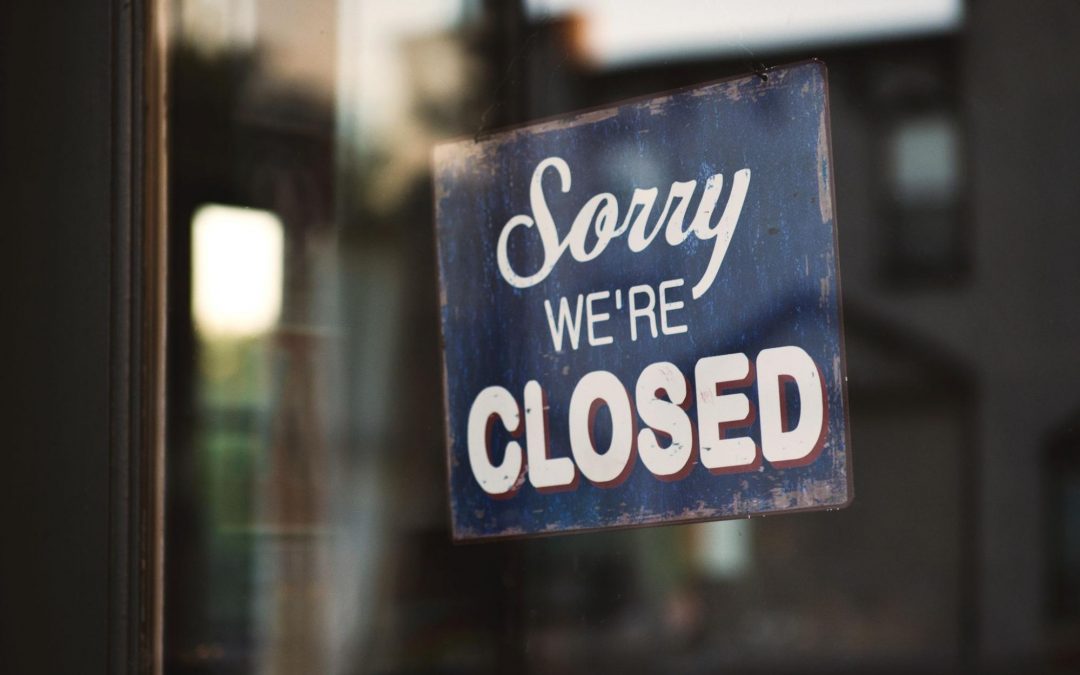In today’s economy, many small business owners are struggling to stay afloat and facing an increasingly competitive marketplace. According to the Bureau of Labor Statistics, 20 percent of small businesses fail within the first year, while 30 percent fail within the first three years.
In order to avoid failure, you need to understand what makes a successful business. Successful companies are those that learn from their mistakes and make changes based on new data. This article explores five common reasons small businesses fail, so you know what to avoid.
- Not listening to customers.
A business owner who isn’t listening to his customers will never make money. This is true whether they run a restaurant, a retail store, an online business, or anything else. The saying “the customer is always right” doesn’t just apply to customer service; it applies to marketing and product development as well. Your end user should always be the focal point of your company’s growth strategies. - Not tracking progress.
If you’re looking at your metrics and seeing no results, then you might be doing something wrong. However, if you aren’t tracking your progress, you won’t know where you stand or where to make improvements. By utilizing data, analytics, and feedback, businesses can focus their efforts on what they’re doing right. - Not planning ahead.
The best way to avoid failure is to plan ahead. If you want to be successful, you must first understand what success means to you, your customers, and your employees. You should have clear goals and milestones in place, as well as a backup plan for when challenges arise. Expanding too quickly without having enough resources to support that growth is a recipe for disaster. - Not understanding marketing.
A successful marketing strategy requires planning. If you don’t have a clear idea of how you will market your product or service, then you won’t be able to execute a solid marketing campaign. You need to know who your customers are, where they live, and what makes them tick. Then you need to figure out how to reach them. - Not knowing where to find qualified employees and suppliers.
A small business is only as successful as its team. No matter the industry, finding qualified employees and suppliers can be a challenge. If a company is hiring based solely on online job boards or referrals, they may not be accessing the top candidates.





